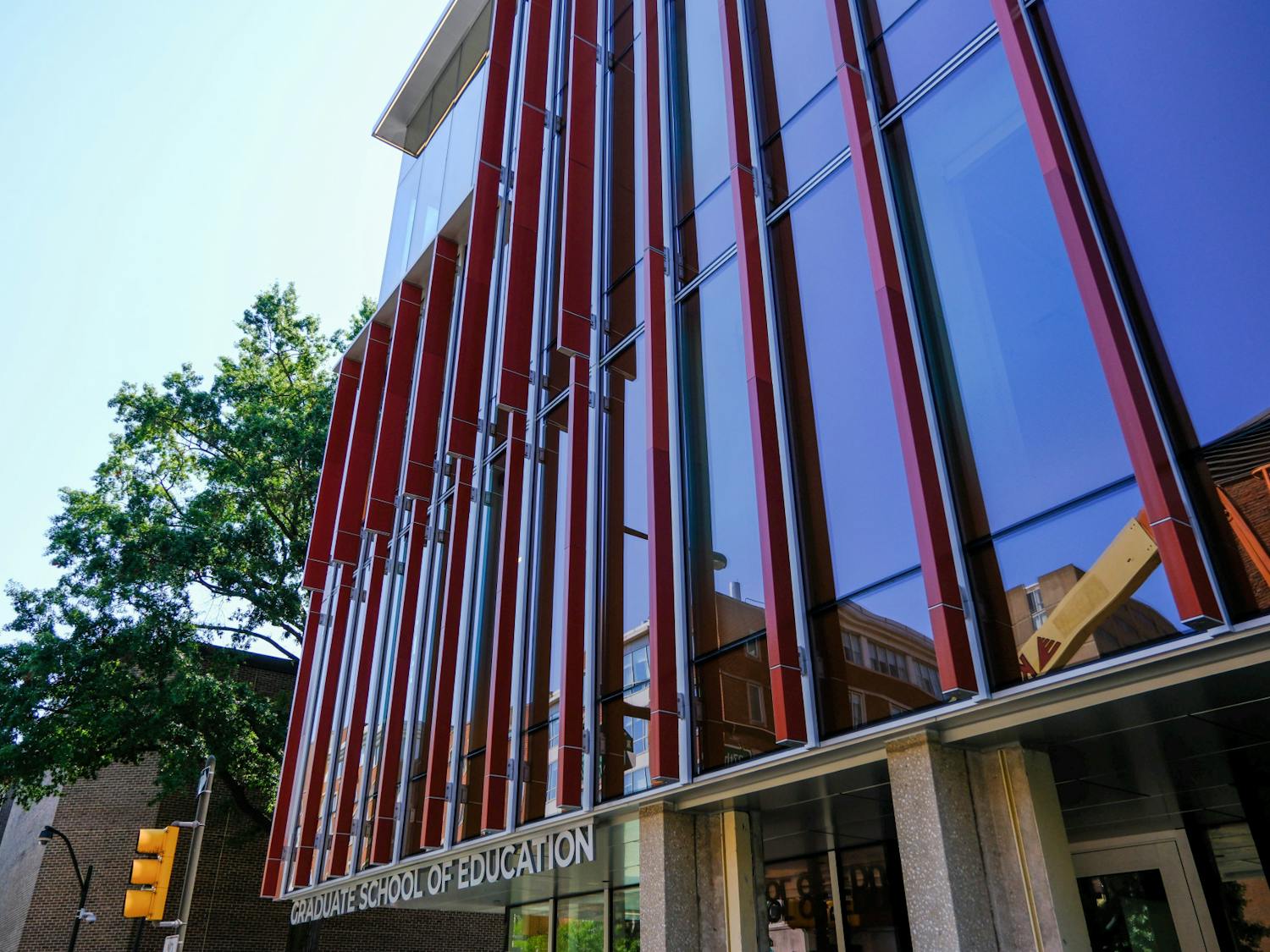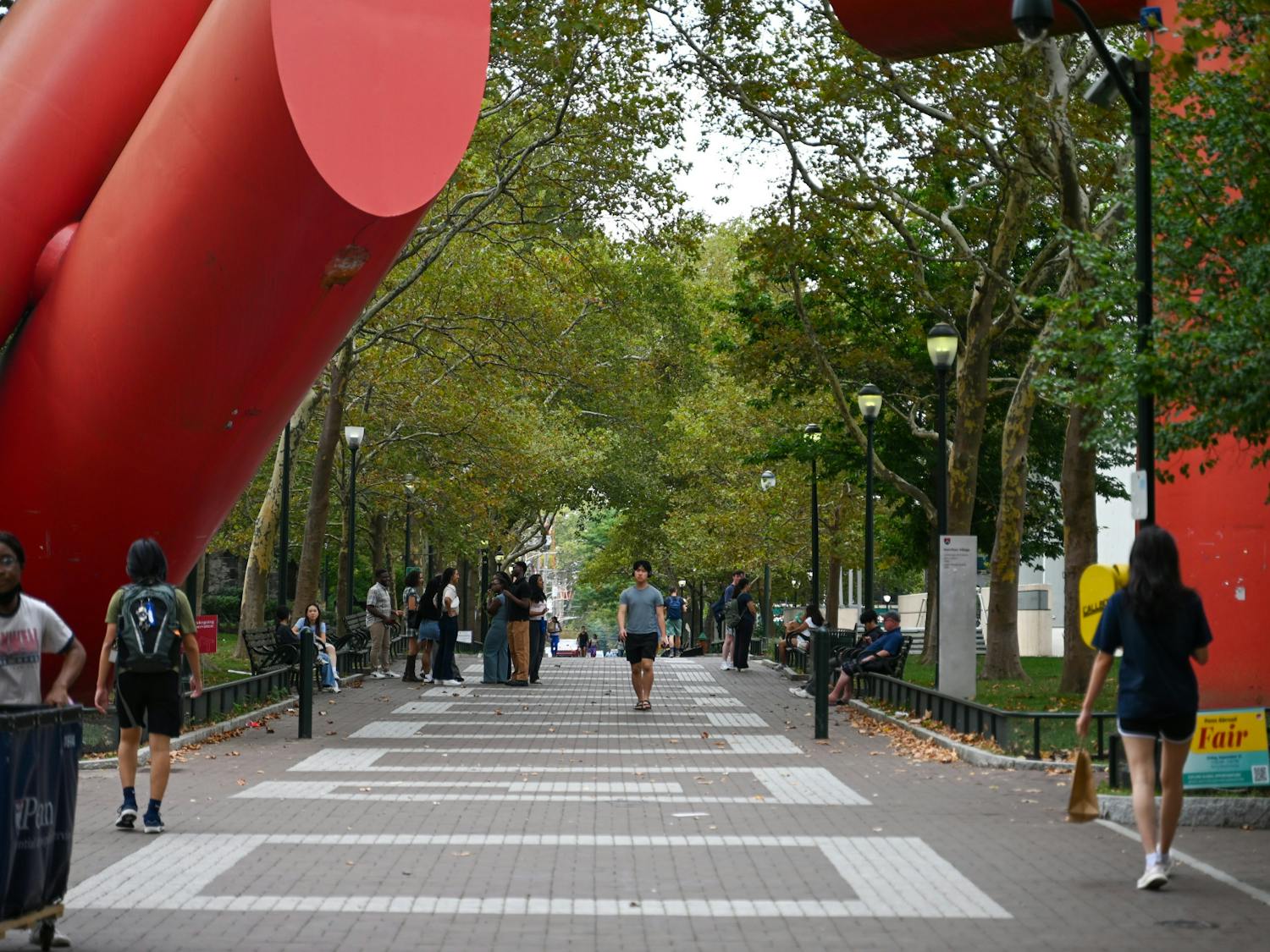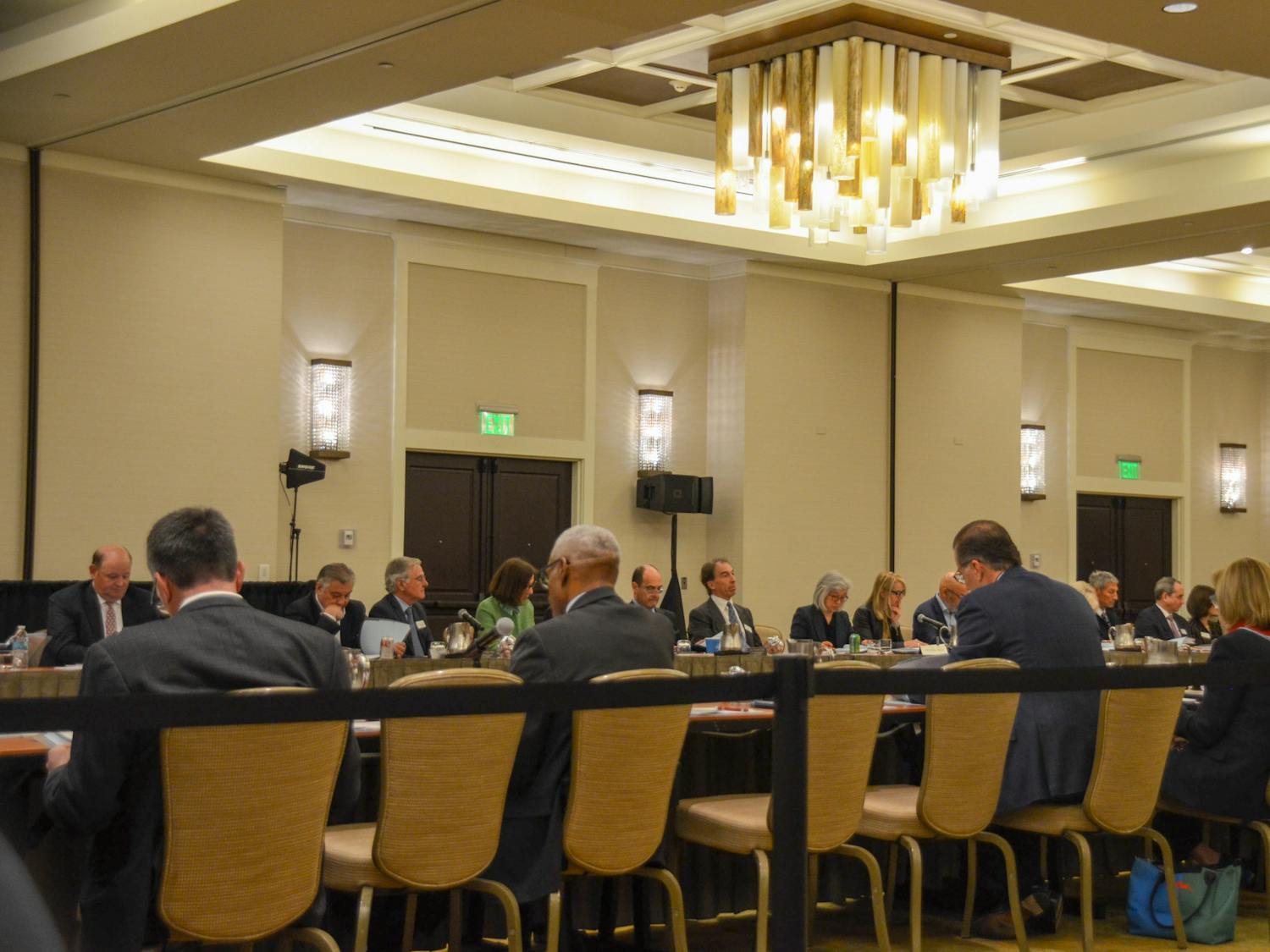When the University announced its budget cutbacks on Wednesday, researchers at the University had little to lose. With the University receiving nearly $220 million from outside sponsors for research, only a few areas could be affected by the cuts. And the University went after them. The Research Foundation, established six years ago to encourage the research of new fields in broad spectrum of disciplines throughout the University, will have its funding frozen at this year's level of $1.1 million. The University had planned to increase the foundation to $1.3 million this year and double the current amount in five years. In addition, the planning and construction of the Social Science Institute, which the University included in its five-year plan, will be indefinitely postponed as a direct response to Governor Robert Casey's proposed cut in state funding to the University. Although the funding freeze seems severe, researchers at the University receive the majority of their funds from sources outside the University. Last year the University received $219,749,286 from outside sponsors for research. Vice Provost for Research Barry Cooperman said the budget cuts in general would not effect the amount of research funding the University receives in the short-term. But he stressed that if the cuts continue into the long-term future, the University's national research funding could decrease. Continued cuts would mean fewer new research facilities and new faculty, the two main ingredients needed to remain competitive in research sponsorship, Cooperman said. One way the administration tries to spark research at the University is through the Research Foundation. According to its statement of purpose, the foundation supports researchers for work in areas that are traditionally underfunded. "The Research Foundation allows people to get funding for projects which are little more adventurous, and researchers can go out in different directions," said Cooperman. "Although the funding is small, it is very useful." Cooperman added that the funding for such projects is hard to receive nationally because the research is new and not established. The foundation supports two types of grants, Type A grants, which are funded between $500 and $5,000, and Type B grants, which are funded between $5,000 and $50,000. And research for the humanities, which has traditionally lacked funding, was once again shunned. The Social Sciences Research Center was planned as a place to bring interdisciplinary social scientists together. "We want to create an organization to provide funding for a variety of programs in the social sciences, including sponsoring speakers and scholars at the center and funding graduate students," said Cooperman. Director of Urban Studies and History Professor Michael Katz said the center would be used for faculty seminars and would sponsor and develop new initiatives in the social sciences. Katz said the construction of the center was to begin next year.
The Daily Pennsylvanian is an independent, student-run newspaper. Please consider making a donation to support the coverage that shapes the University. Your generosity ensures a future of strong journalism at Penn.
Donate







